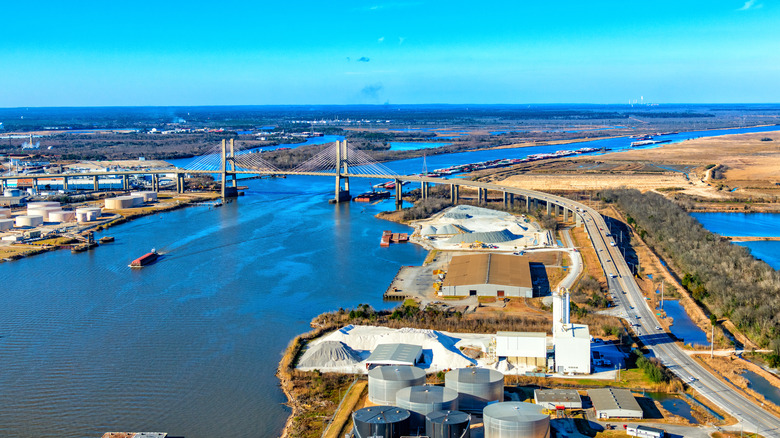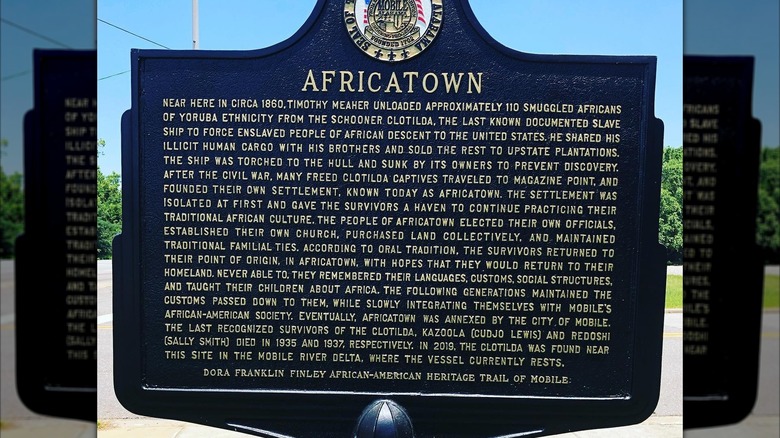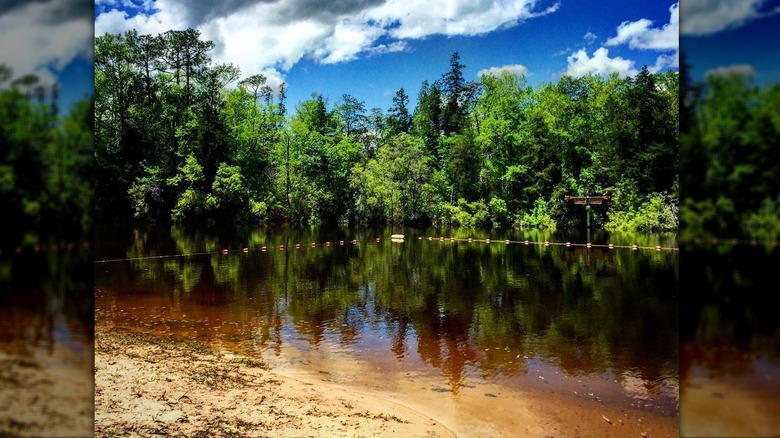Alabama's Emotive Historic Site Offers A Compelling Insight Into African-American Heritage In The South
With a population of less than 70 people, the small neighborhood of Plateau, known as Africatown, preserves the story of West Africans who survived the last-known illegal slave ship to reach the United States. After emancipation, those shipped over built a self-governing community, three miles north of downtown Mobile, Alabama, where they held on tightly to their African identities. As the only 19th-century settlement in the United States established and governed by African-born Americans, Africatown ranks highly amongst other behemoths of African-American history, such as the National Civil Rights Museum in Memphis, which is one of the most important civil rights sites in America, or Birmingham, Alabama's cultural capital from which Dr. Martin Luther King Jr. conducted his campaign.
Those planning a trip to one of the most significant places stewarding slavery-era memory from either New Orleans or from smaller towns on Mississippi's Gulf coast such as Bay St. Louis can travel by train on the twice-daily Mardi Gras Service to nearby Mobile. This is thanks to the 2025 repairs of the Amtrak trainlines connecting the cities that were out of action for two decades following Hurricane Katrina. For those traveling from further afield, there are domestic flights from as far as Washington, D.C. into Mobile International Airport. Once in downtown Mobile, for just $1.25 (at time of writing) visitors to Africatown can ride The Wave Transit Route 16 which runs from the GM&O Transportation Center to the intersection between Edwards Street and Green Street in Plateau, a five-minute stroll to the home of the Clotilda exhibition at the Africatown Heritage House.
Experience descendant-led history across Africatown
The wreckage of the aforementioned sunken slave ship (called The Clotilda) was found in the Mobile River delta and confirmed as The Clotilda in 2019. The residents of Africatown, many of whom are descendants of those enslaved people on the ship, have since continued to work on preservation projects educating people about the significance of the ship. During an illegal voyage in 1860, 52 years after the global slave trade was outlawed, the schooner Clotilda brought 110 kidnapped people aged 5-23 from modern-day Benin into Mobile Bay. The traffickers later burned and sank the ship to hide their heinous crime, with the ship's discovery validating generations of descendant oral history that had been passed down from the emancipated slaves onto their children and grandchildren.
Approximately 100 descendants of the Clotilda's survivors remain and one of their key areas of focus is environmental justice. As such, the Africatown Heritage House plays home to a rain garden that serves as a habitat for the local biodiversity. The group has also played a key role in the preservation efforts of the Old Plateau Cemetery, the resting place of those who survived the Clotilda, and were also fundamental in ensuring the installation of a plaque at the Lewis Quarters just over two miles away in neighboring Happy Hill.
Take advantage of Africatown's surroundings
A day visit to Africatown has some great culinary options nearby for those visiting Plateau. In nearby Prichard, Annie's Kitchen just two miles from the Africatown Heritage House serves up hearty Southern dishes including ribs, turkey wings, and on Sundays their menu offers a special plate of chitterlings. For those arriving to the area in the morning, just past Prichard in Trinity Garden, lies a great breakfast spot in the form of Fat Boys Diner, where patrons are spoilt for choice with perhaps most intriguingly their breakfast seafood platters. In Mobile itself, for more fancy fare, The Noble South serves up farm-to-table fare, whilst Slurp Society Ramen Shop serves up bowls of ramen.
The closest budget lodging options near Africatown are Star Motel in Prichard and Best Inn, formerly M-Star, in Chickasaw, which even has an outdoor pool for guests. For something a bit more luxurious, Mobile has plenty of options including the boutique Fort Condé Inn or The Battle House Renaissance Mobile Hotel & Spa in the heart of the city. For nature lovers staying the night nearby, why not visit Chickasabogue Park, a fantastic add-on to any trip to Africatown as it is just over five miles away. The 1,100 acre park contains around 17 miles of hiking and biking trails, a boat launch, and a beach on Chickasabogue Creek linking the park to Mobile Bay, meaning that there is almost certainly something for every type of visitor to enjoy there.


